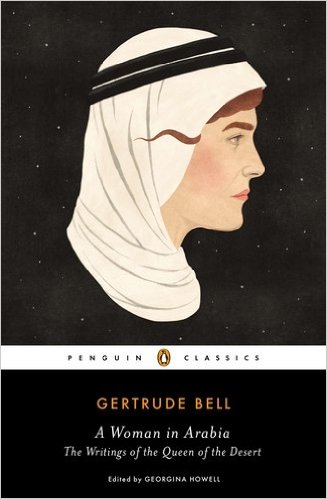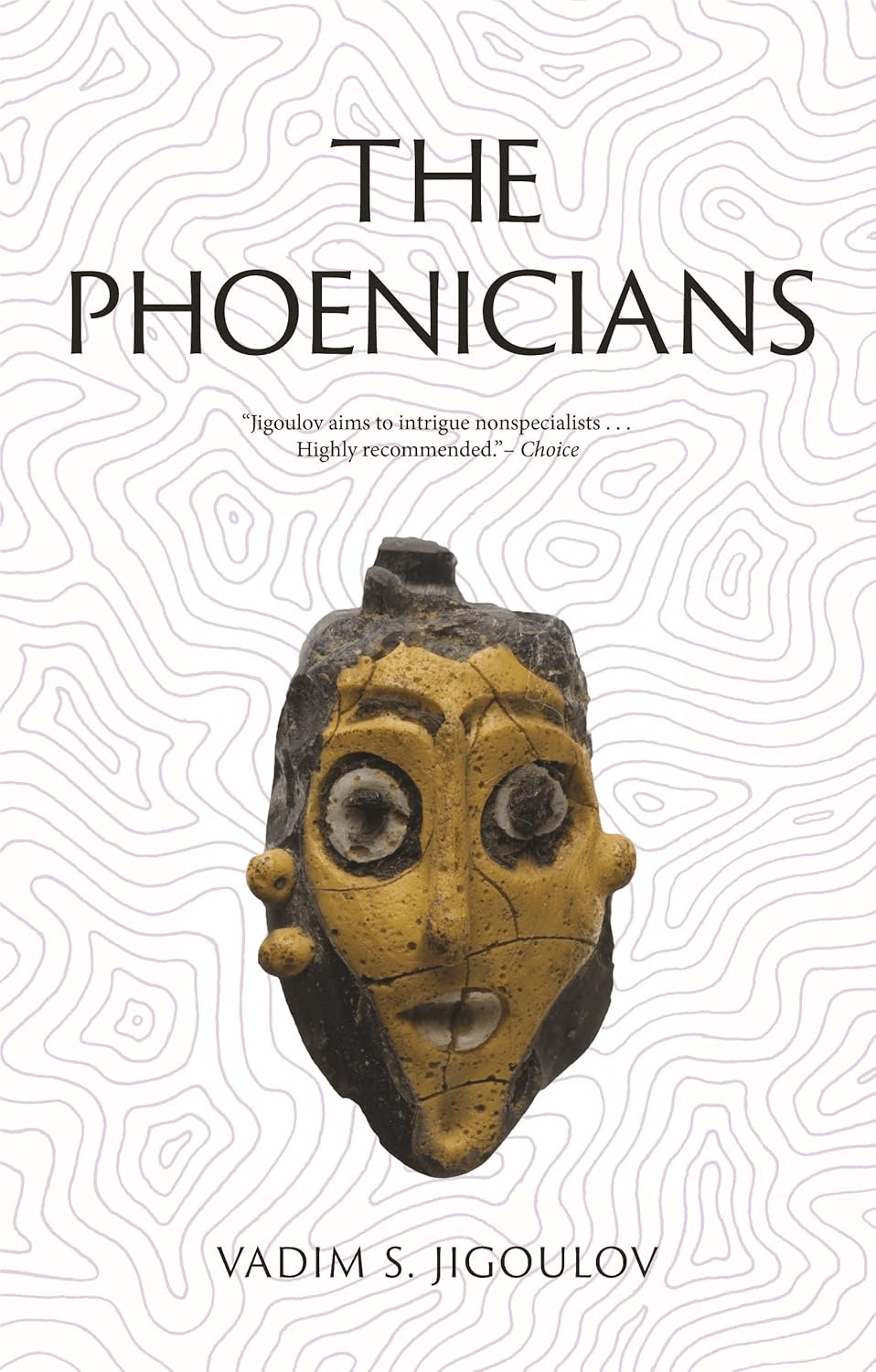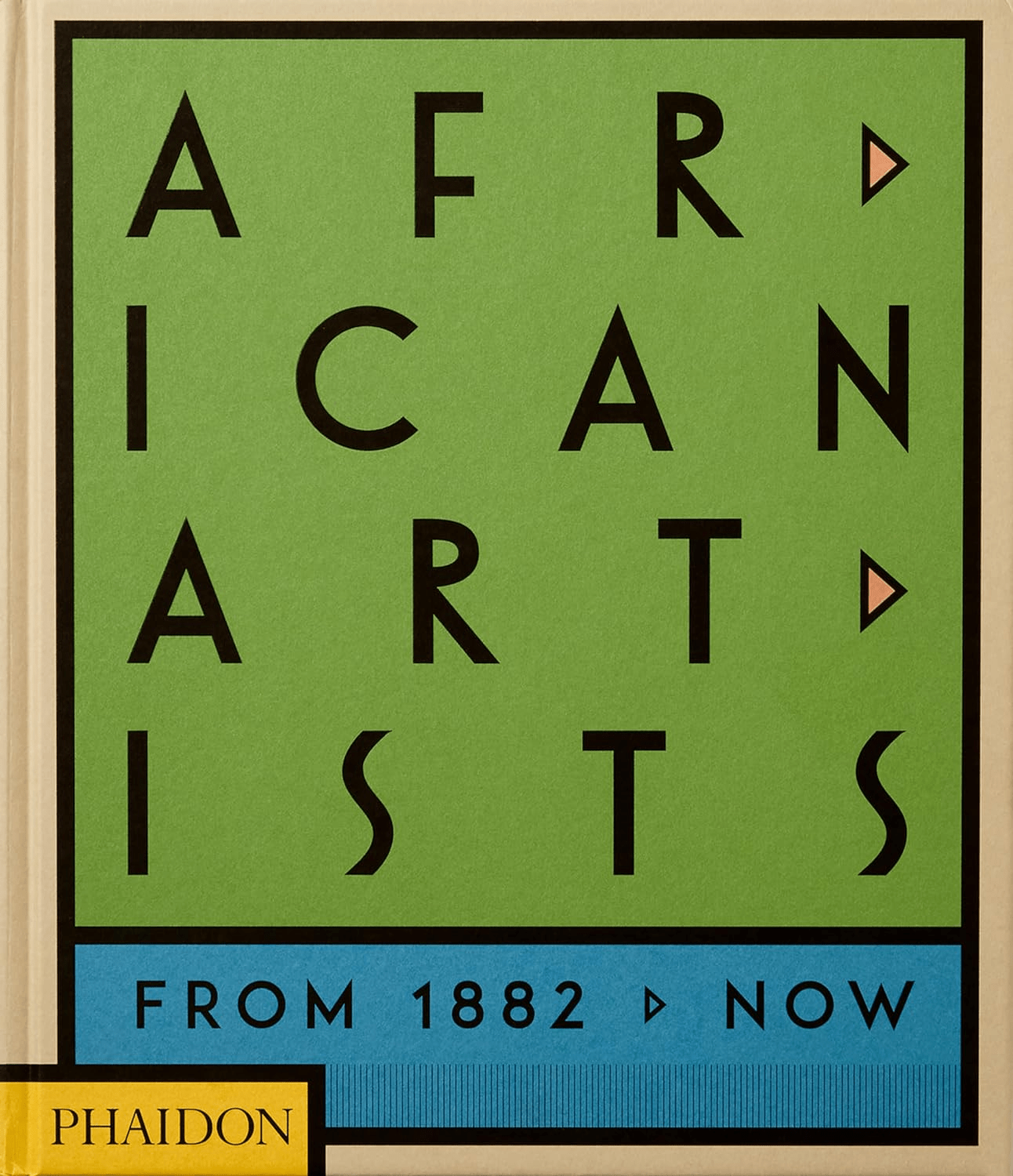
A Woman In Arabia: The Writings of the Queen of the Desert
William Tracy
Gertrude Bell. Georgina Howell, ed.
2015, Penguin Classics, 978-0-14310-737-8, $17, pb.
These neatly assembled excerpts writings from Gertrude Bell’s remarkable Middle Eastern diaries and almost daily letters to parents and friends highlight the career of an exceptional traveler-diplomat-intelligence officer who excelled in a male-dominated world. Born into a wealthy British family in 1858, Bell studied history at Oxford University. She mastered mountaineering, photography, mapmaking, archeology and six languages before embarking in 1892 on travel throughout the Middle East—much of it by horse and camel—that occupied the rest of her life. Bell’s political dispatches to the British government and military during World War I provided the detailed knowledge of desert wells and complex tribal alliances that helped defeat Ottoman forces in the region. Her acquaintance with rulers there gave her advice even more weight. At the war’s conclusion, she was instrumental in establishing the states of Transjordan and Iraq and the coronation of their first kings, then in establishing the Iraq Museum. Bell died in Baghdad in 1926, two days short of her 58th birthday.
You may also be interested in...

Discoveries From Phoenician Seafaring City-States Reveal Trade, Not Conquest Bound Mediterranean World
Author Vadim S. Jigoulov’s The Phoenicians reveals that Phoenicia’s seafaring city-states bound the Mediterranean world via trade rather than conquest.
A Century of African Art, in 300 Voices, All in One Book
From Cairo to Khartoum to Casablanca, this volume traces how African artists have shaped—and reshaped—modern art over the past century.